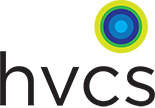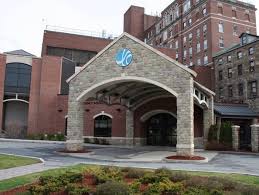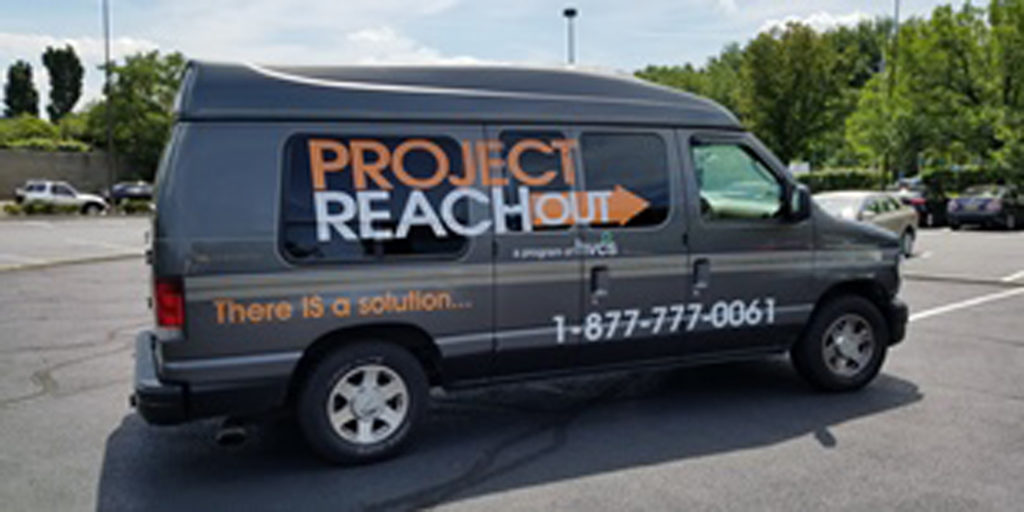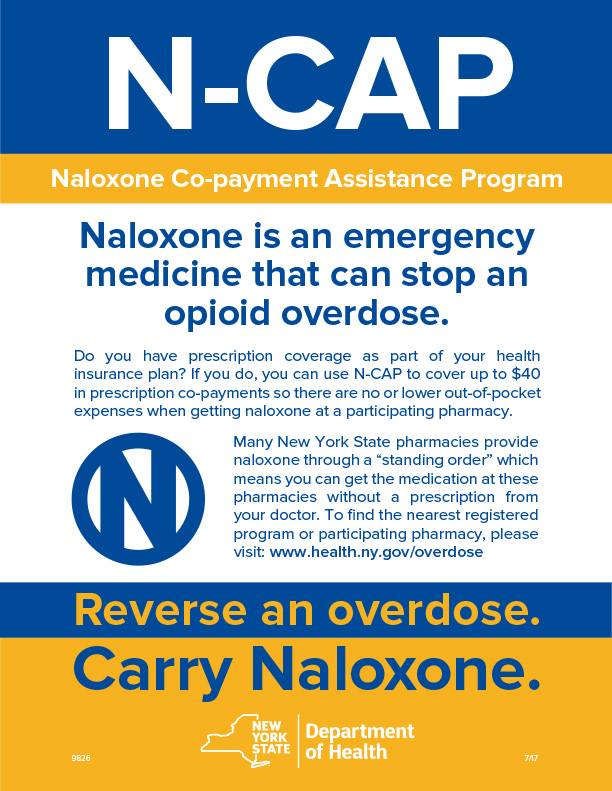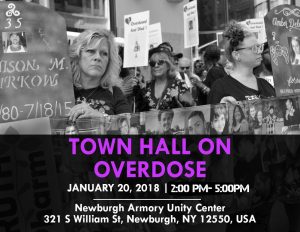 New York State is in crisis. Opioid overdose now takes the lives of more New Yorkers than homicides, traffic accidents and suicides combined. New York State Assemblyman Frank Skartados invites Hudson Valley residents to become a part of the solution and to join together to discuss a compassionate community response to opioid overdose deaths in New York’s 104th District. On Saturday, January 20th from 2-5 p.m. New York State Assemblyman Frank K. Skartados will be holding a town hall and forum panel on opioid overdose at the Newburgh Armory Unity Center 321 S William St, Newburgh, NY 12550.
New York State is in crisis. Opioid overdose now takes the lives of more New Yorkers than homicides, traffic accidents and suicides combined. New York State Assemblyman Frank Skartados invites Hudson Valley residents to become a part of the solution and to join together to discuss a compassionate community response to opioid overdose deaths in New York’s 104th District. On Saturday, January 20th from 2-5 p.m. New York State Assemblyman Frank K. Skartados will be holding a town hall and forum panel on opioid overdose at the Newburgh Armory Unity Center 321 S William St, Newburgh, NY 12550.
AM Skartados has partnered with Hudson Valley Community Services (HVCS) and other agencies, including Adelphi University, Cornerstone Family Health, Drug Policy Alliance, Hudson Valley Community Services, Team Newburgh United Way of the Dutchess-Orange Region, and VOCAL-NY, to join people impacted by opioid use with experts in the fields of science, public health, criminal justice, and drug policy. HVCS’ Frank Barone, a member of our Syringe Exchange Program staff, will take part in a panel discussion.
This event will begin a compassionate and scientifically-informed discussion about drug use, overdose and New Yorkers’ best prospects for saving lives and living well. Information about local services available to people who use drugs and people in recovery will also be provided. Overdose and addiction affect us in a variety of ways.
The following experts and residents will field questions during the forum:
Keynote: Carl Hart, PhD Columbia University and Drug Policy Alliance
- Hart is a Scientist, Activist, and Educator who is working to drive a compassionate response to people who use drugs and ensure that science informs policy.
Kassandra Frederique, MSW Drug Policy Alliance
- Frederique is the New York State Director of DPAleadinge their statewide mission to advance those policies and attitudes that best reduce the harms of both drug use and drug prohibition, and to promote the sovereignty of individuals over their minds and bodies.
Judith Branche, MD, CornerStone Family Health
- Branch is the Medical Director of the Center for Recovery at Cornerstone Family Health Center.
Jeff Kaufmann, Law Enforcement Action Partnership (LEAP)
- Kaufmann was a police officer with the New York Police Department. While earning a law degree and and working with the NYPD’s Legal Bureau became critical of New York State’s drug policies.
Frank Barone, Hudson Valley Community Services
- Barone is a Syringe Exchange program prevention specialist and uses harm reduction techniques to engage people who use drugs and to minimize the harm use causes.
Lauren Mandel, RN Newburgh resident and nurse
- Mandel is a Newburgh resident who has practiced nursing for decades. Her son Zane died after using an opioid in September.
Sgt. Julio Fernandez, Adelphi University School of Social Work
- Fernandez works to analyze local data on opioid overdoses and hospitalizations to create a data-driven community response at Adelphi’s Hudson Valley Center.
Those interested may register online at: https://vocal.ourpowerbase.net/civicrm/event/register?cid=0&reset=1&id=1598
or share and follow the Facebook Event: https://www.facebook.com/events/1854211644870945/
Calendar Information:
What: Town Hall on Opioid Overdose
Where: Newburgh Armory Unity Center, Larkin Center, 321 S. William St., Newburgh NY 12550
When: Saturday, January 20, 2018, 2:00 pm to 5:00 pm
Who: Concerned residents of New York’s 104th District and those affected by and concerned about opioid overdoses
More information: Contact Jawanza Williams, jawanza@vocal-ny.org
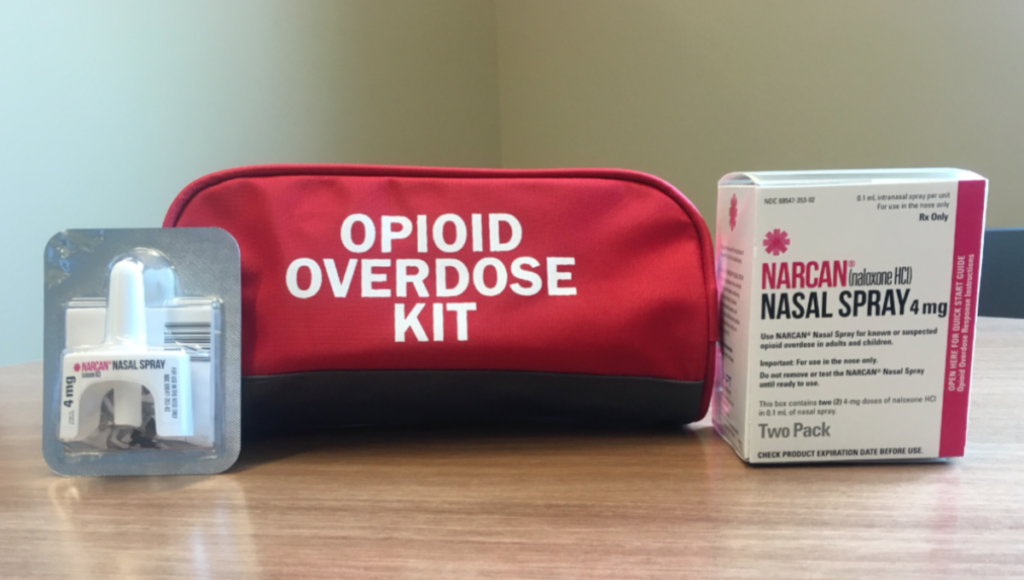 HVCS employees improve lives each and every day, and may of us feel we are saving lives by encouraging clients to make one healthier decision at a time. Yesterday, members of our team literally saved a life–with one bold decision.
HVCS employees improve lives each and every day, and may of us feel we are saving lives by encouraging clients to make one healthier decision at a time. Yesterday, members of our team literally saved a life–with one bold decision.